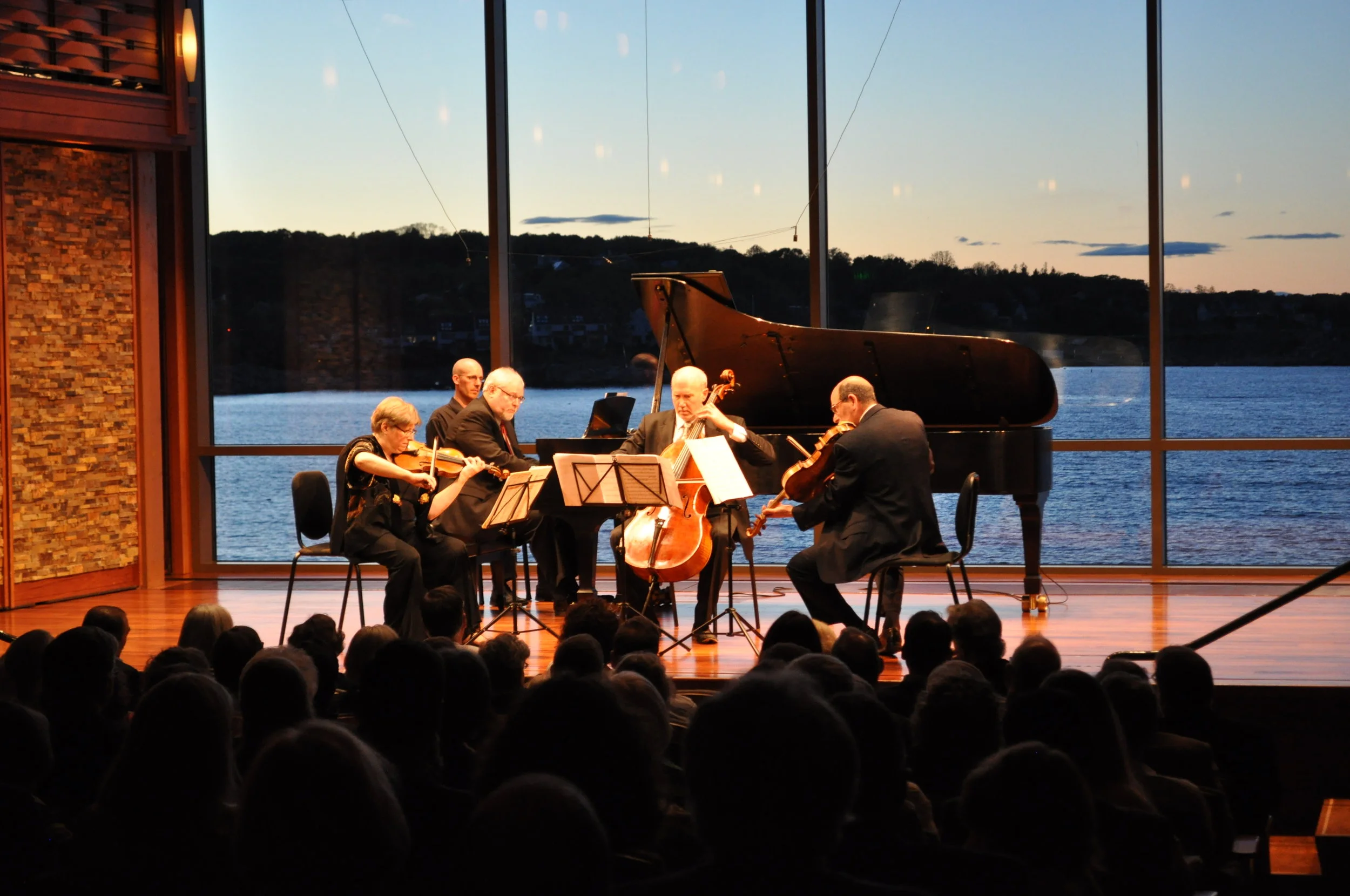John Williams and the Boston Pops, Symphony Hall, 1 June 2017
John Williams waves from the stage after leading the Boston Pops at Symphony Hall, Wednesday, May 31. Michael Blanchard photograph.
Sometimes affection comes from proximity. You love some music because it was playing the night of the prom, or when you got that first kiss. In movies, the effect is even more direct—the simplest, most clichéd score can bring tears because of the accompanying action, or fill you with fear.
If you think proximity is the reason for John Williams’s enormous popularity and success, think again. There are enough reminders of his music’s greatness. Thursday evening’s Boston Pops performance at Symphony Hall, where Williams himself made a guest conducting appearance, was proof yet again.
There’s no need to preach credibility—just listen to the music. The unhinged “Shark Cage Fugue,” extracted from the Jaws score. The tricky rhythms, delayed and unexpected entrances, which sweep through music from Minority Report. Any of the marches or fanfares—like “March of the Resistance” from the recent The Force Awakens: polyrhythmic, chromatically fascinating, usually concluding with unexpected delight.
The popularity of the films had much to do with the sold-out room at Symphony Hall (preceded by another sold-out room the night before). The program was part of the season-long celebration of Williams’s music during his 85th birthday year. Keith Lockhart conducted before intermission; Williams took the podium after.
Lockhart started the evening off with one of those idiosyncratic marches—Williams’s “Pops on the March,” a commission Arthur Fiedler requested in 1979, but never saw completed, before Williams began his tenure as Pops director.
The “Suite” from The BFG was frankly amazing. Each section of the orchestra added some different color, a kaleidoscope of ideas, culminating in an unusual flute outro (Elizabeth Ostling and Clint Foreman).
Highlights from a recently completed recording (Lights, Camera, Music) put the spotlight on several orchestra soloists. Principal harp Jessica Zhou worked through the delicate “Stargazers,” from E.T. Principal trumpet Thomas Rolfs sculpted the muscular theme from JFK. Thomas Martin showed off a klezmer clarinet to great effect with his extended solo in “Viktor’s Tale,” from The Terminal. Occasional film snippets wowed the audience, especially the hokey sword-fighting amalgam compiled to music from The Adventures of Tintin.
After intermission it was a chance to see a distinguished conductor lead a distinguished orchestra in a set of his own distinguished compositions. Williams conducts with air, looking for colors—it is his music, after all. While Lockhart works every measure, rarely skipping a downbeat or an entrance signal, generously leaving the dynamics to his stage-mates, Williams wants the feeling.
The affection onstage and off- was palpable, and four encores were demanded. A tribute to the late Carrie Fisher—“Leia’s Theme,” what else?—highlighted that group.
John Williams’s career has been a disaster, a love story, an adventure, and a fiction. Hollywood wouldn’t have it any other way, and Boston is lucky to have shared in part of those creations.
The Boston Pops season continues through June 17. Tickets ($29–$150) are available at bso.org or by calling 888-266-1200.





